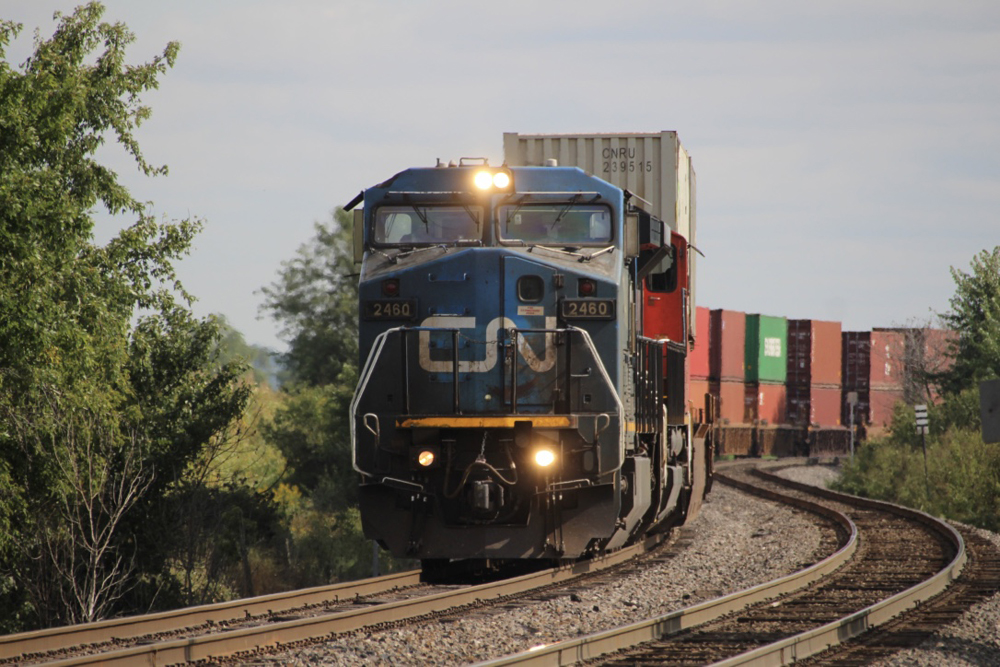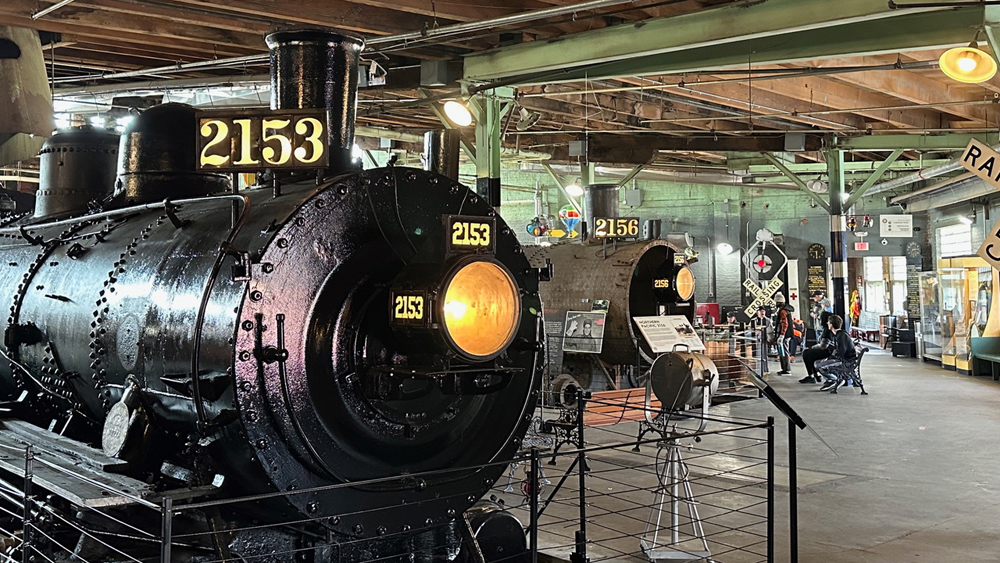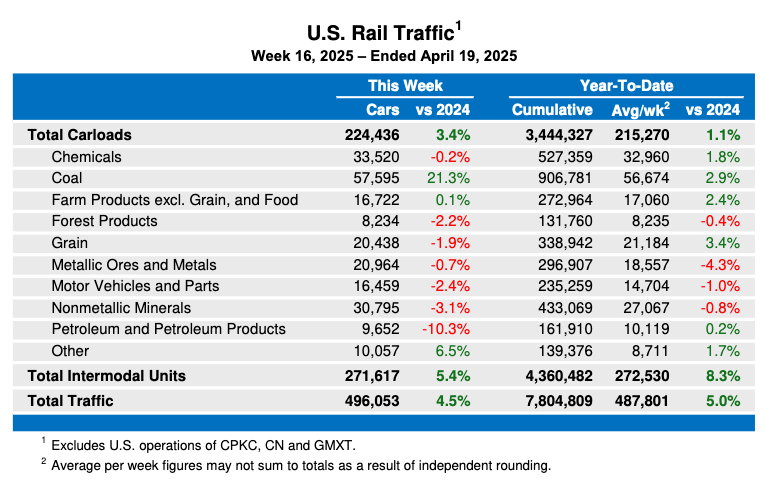
NEW YORK — If there’s a silver lining to the spate of labor disruptions that have affected Canadian railways and ports over the past 15 months, it’s that Ottawa now recognizes there’s a problem.
“That’s the first step in fixing it,” Canadian National CEO Tracy Robinson told the RailTrends conference last week. CN executives were scheduled to meet with federal officials about labor matters this week, she says.
Canada’s reputation as a reliable trading partner has taken a hit from recent work stoppages. A dockworkers’ strike shut down British Columbia ports for nearly two weeks in July 2023. Uncertainty over the potential for a strike against CN and Canadian Pacific Kansas City in May dragged on all summer until culminating in a brief lockout of employees in August. And this month Canada’s two busiest ports — Vancouver and Montreal — have been either partially or completely shut down due to labor disruptions.
As a result, Canadian ports and railways are losing traffic to their U.S. rivals. CN and CPKC have seen significant growth in their international intermodal traffic for more than a decade as Canadian ports have become gateways to the U.S. Midwest. Frequent labor disruptions put that traffic at risk, the railways have said.
“You want to be known as a reliable trade partner, not an unreliable trade partner because you have strikes every other week,” Canadian Pacific Kansas City CEO Keith Creel told the conference.
The railways are advocating for changes in Canadian labor law that would make it mirror the U.S. Railway Labor Act, which seeks to avoid strikes by sending unions and railroads to binding arbitration or mediation when contract talks are deadlocked.
“We are trying to get the federal government to align perhaps more closely with the U.S. Railway Labor Act because you do have levers here that your president can pull that our prime minister can’t,” Marc Brazeau, CEO of the Railway Association of Canada, said at RailTrends.
The Teamsters Rail Canada Conference, which represents train crews on CN and CPKC, is bitterly opposed to any changes to existing labor regulations. The union was highly critical of the labor minister’s August decision to order the Canada Industrial Relations Board to intervene, which put an end to the railways’ 17-hour lockout of their employees and ultimately sent contract negotiations to binding arbitration.
“The government’s actions are viewed as an attack on fundamental labour rights and appear to have set a dangerous precedent for how unions are treated in Canada,” union officials said in a statement. “The TCRC is determined to resist this erosion of workers’ rights and calls for a united front from organized labour to combat these measures. A coordinated response from all labour organizations is essential to defend against this threat and protect the rights of workers. The TCRC urges everyone to recognize the importance of this struggle, which will shape the future of labour rights in Canada.”
Brazeau says the railways respect workers’ right to strike, but notes that a relatively small number of unionized workers should not be able to shut down the country’s economy.
RailTrends is sponsored by independent analyst Anthony B. Hatch and trade publication Progressive Railroading.














The Canadian carriers are tired of being threated with strikes, they want to cut the last string of strength the Canadian RR’s have, to be “more in line the with RLA” Like in the US. Layman’s terms: they want to be able to step on the throats of workers just like the US carriers do every time they have to “negotiate” a deal.
Huh … “Treat employees better” didn’t seem to make the list of solutions.